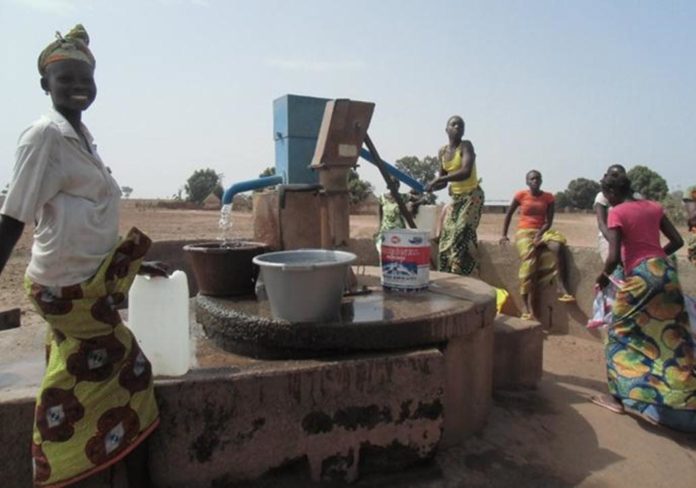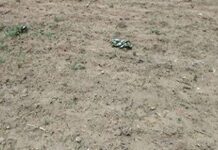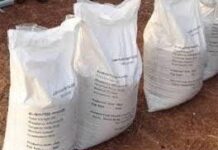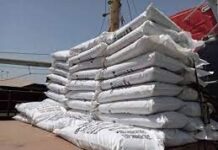PART TWO
This Column is meant to monitor and report on issues that concerns people of rural communities, in terms of how their development is hindered or facilitated. Rural Development is a process that aims to improve the standard of living of people living in rural communities.
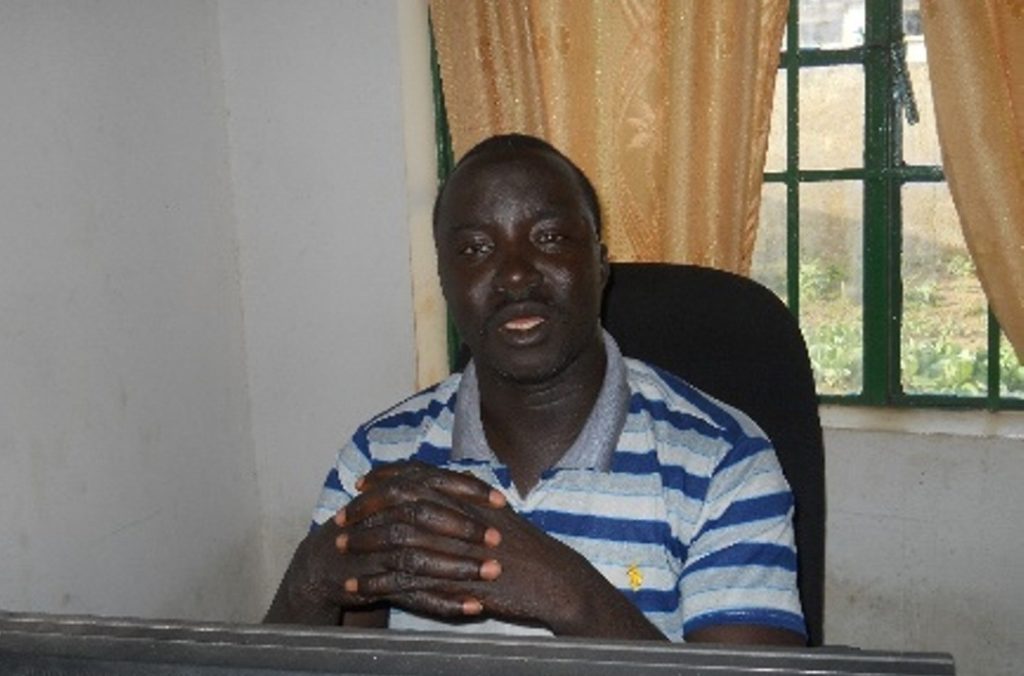
According to Robert Chambers, rural development is a strategy that enables a specific group of people such as poor rural women and men, gain for themselves and their children, more of what they want and need.
It involves helping the poorest among those who seek a livelihood in rural communities, to demand and control more of the benefits of rural development. The group includes small scale farmers, tenants and the landless.
Thus, the term rural development may be used to imply any one of the above-mentioned connotations.
To avoid the ineffective floundering among the myriad definitions, we shall define rural development as a process leading to sustainable improvement in the quality of life of rural people, especially the poor.
According Ebrima Ceesay, Rural Development entails the accessibility of good road networks, safe and clean drinking water, quality and relevant education for children, electricity, decent housing, improved health facilities and living standards of the rural dwellers.
Ceesay said if these things are available in rural communities, one can refer to it as meaningful rural development; that looking at rural Gambia, one can realize that the problem of rural dwellers, revolve around those things which are seriously neglected in the country.
In the last edition, we highlighted the essence of roads in rural development. In this edition, we shall deal with Ceesay’s assertions on the issue of portable water as an important element to rural development. According to Ceesay, water is life, and access to portable water is quite essential for rural development. Cessay continued: ‘‘I went to a village called Viaba, to assess some backyard gardens. The criteria for a backyard garden apart from the topography and fertility of the soil, is proximity to a water source.
In this village which is far away from the main road, each compound has a tap and the village automatically qualifies to get backyard gardens to improve their income and nutrition status. At the same time, the tap is a source of portable water which will improve their health.
In most villages in the Gambia, only a central village well is available, and this is left open throughout the year.
Under such situations, particles flying around and get into the uncovered wells. This is water cannot be considered as portable and can bring water borne disease and complications to citizens.
I know of villages that have hand-pumps, through the intervention of the Japanese Government and other NGOs. But many villages still have open wells.
I visited Daru Salam village in Upper Saloum in the month of December, were their only source of water is an open well that is forty metres deep.
Women have to wake up early in the morning to fetch water not only for their domestic needs, but for their cattle, horses, donkeys, goats and sheep. When these women showed me their hands, I was shocked. Due to the hard labour of manually drawing water from wells that deep, their hands are callous and hard.
So to ensure rural development, we need to work on this aspect of access to clean drinking water.’’
Ebrima Ceesay is an Agricultural Officer posted at Kuntuar Regional Agricultural Directorate in the Central River Region North.
His field of study is Agribusiness Management and Agricultural Extension.















